2021 Climate Change & Equity Essays
A series on justice, climate, and equitable policy in a changing world.
Editor's Note
At its core, policy is power: power over bodies, power over place, power over the future. But that decision-making power has never been particularly equitable or accessible to all. Historically, Black, Latino, Native, and Indigenous populations have suffered centuries of discrimination, disenfranchisement, and exclusion. Rural communities face the prospect of being left behind economically in the coming energy transition. High-ranking positions in government, academia, and Fortune 500 companies display a glaring lack of diversity. Too often, too many voices go unheard.
Today, climate change is here, and it will necessitate hard choices. Many of our most underrepresented and marginalized communities stand to face the worst consequences of future floods, fires, drought, and extreme heat. Climate-related displacement migration is projected to increase at home and abroad. Cities, states, and nations must now consider the cultural and societal tradeoffs necessary to address the impacts of climate change and foster truly just outcomes for all of their citizens, not just a few.
Each of the seven essays in this year's inaugural anthology explores climate equity through a different personal lens, ranging from public education to water access to local civic engagement. In thinking about power, we often lament the struggle to gain "a seat at the table." Perhaps, as this collection suggests, we need to begin reimagining the table.
Trent Knoss
Managing Editor
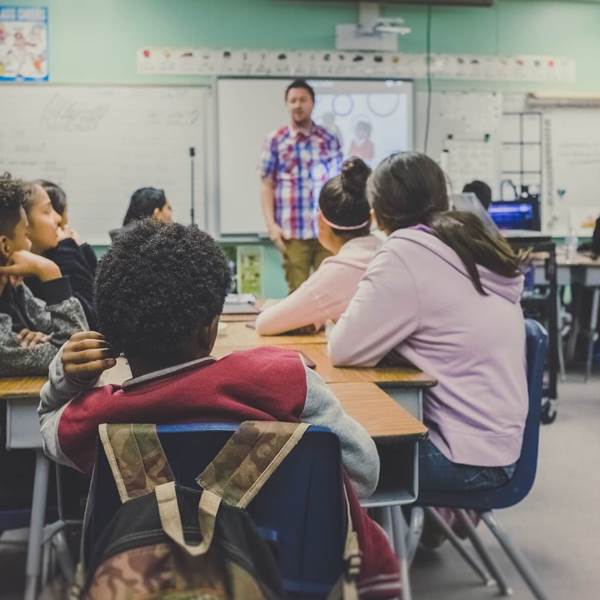
An Education: Why Schools Are Key To The Climate Equity Challenge
Each year, around 50 million students attend public elementary, middle and high school in the United States. The infrastructure required to serve such a large student population creates a significant environmental footprint but also provides several opportunities to improve climate change education and outcomes. By Brittany Whitley
Read More
Reforestation Can Revive Coal Communities Left Behind
The energy transition and coal-damaged landscapes present a dual opportunity for economic revitalization and climate solutions within rural Appalachian communities. Forest reclamation has the power to revive coal communities, who are in danger of being left behind. By Tiffany Turner
Read More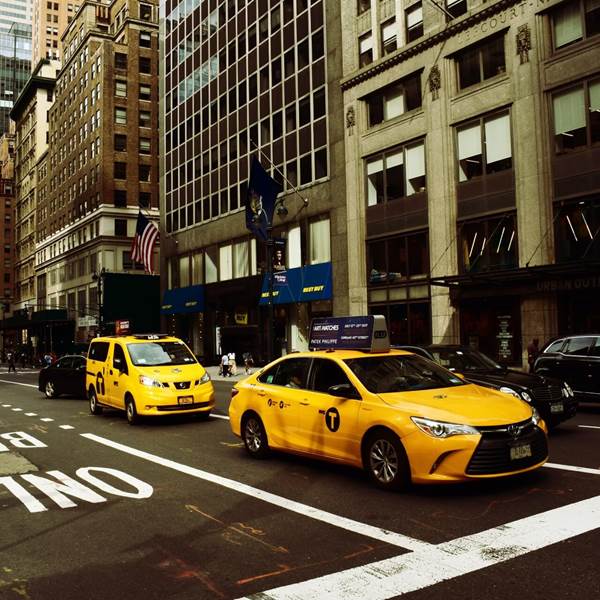
Reframing Climate Change Locally: Lessons From New York City
Climate change issues carry more weight with voters when they're attached to tangible, local concerns like housing, education, and wage gains. New York City's recent efforts offer teaching points. By Nancy Holt
Read More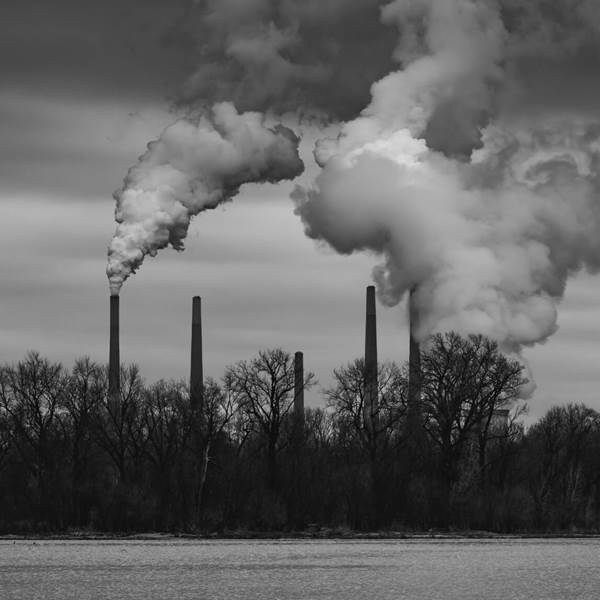
Environmental Racism's Deadly Legacy Must Not Become Our Climate Future
Environmental racism has plagued the U.S. for centuries. It must not be allowed to happen again on climate change. We are in danger of doubling down on the ineffective and inconsiderate environmental practices that displaced and disenfranchised communities of color in the first place. By Amiah Taylor
Read More
Looming Water Shortages Threaten Underrepresented Communities. There's Still Time To Change That.
Today, 40 million people in seven states depend on the Colorado River for drinking water and its basin is home to one-third of the U.S.’s Latino population and 30 Native American tribes. We need to re-humanize the conversation around water, and address the coming shortages that will hit these communities hardest. By Jared Romero
Read More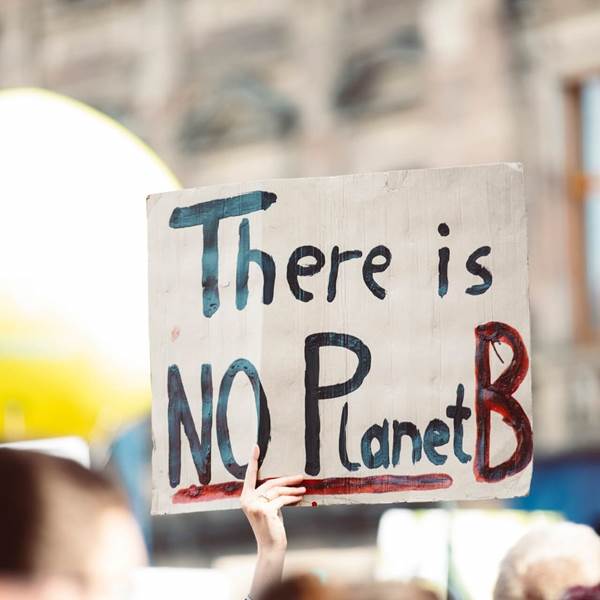
Youth To Grown-Ups: When Will You Finally Do Something?
For a generation of youth climate change activists, the time for action is now. When, they ask, will policymakers finally step forward to save the planet? By Rachel Sarah
Read More
A Wider Lens: Intersectionality & Climate Equity
Intersectionality can guide climate policy makers to create inclusive policy that is representative of multiple identities and lived experiences, shifting the focus of climate change agendas away from individual vulnerability towards systemic responsibility. By Stephanie Huff
Read MoreContributors

Nancy Holt

Stephanie Huff

Jared Romero

Rachel Sarah
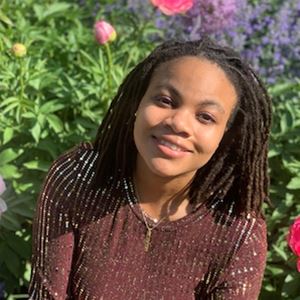
Amiah Taylor
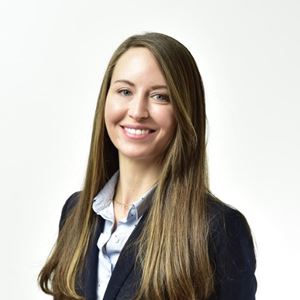
Tiffany Turner

